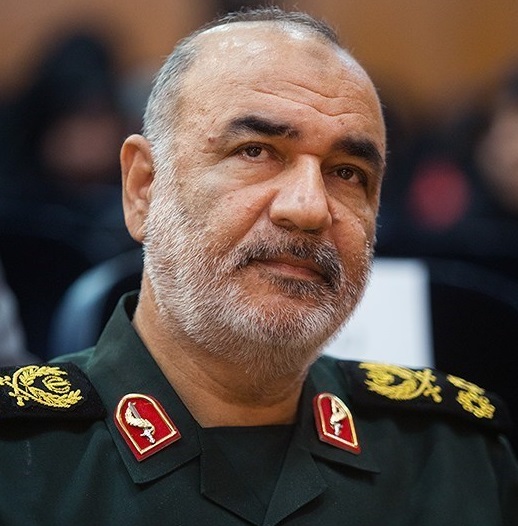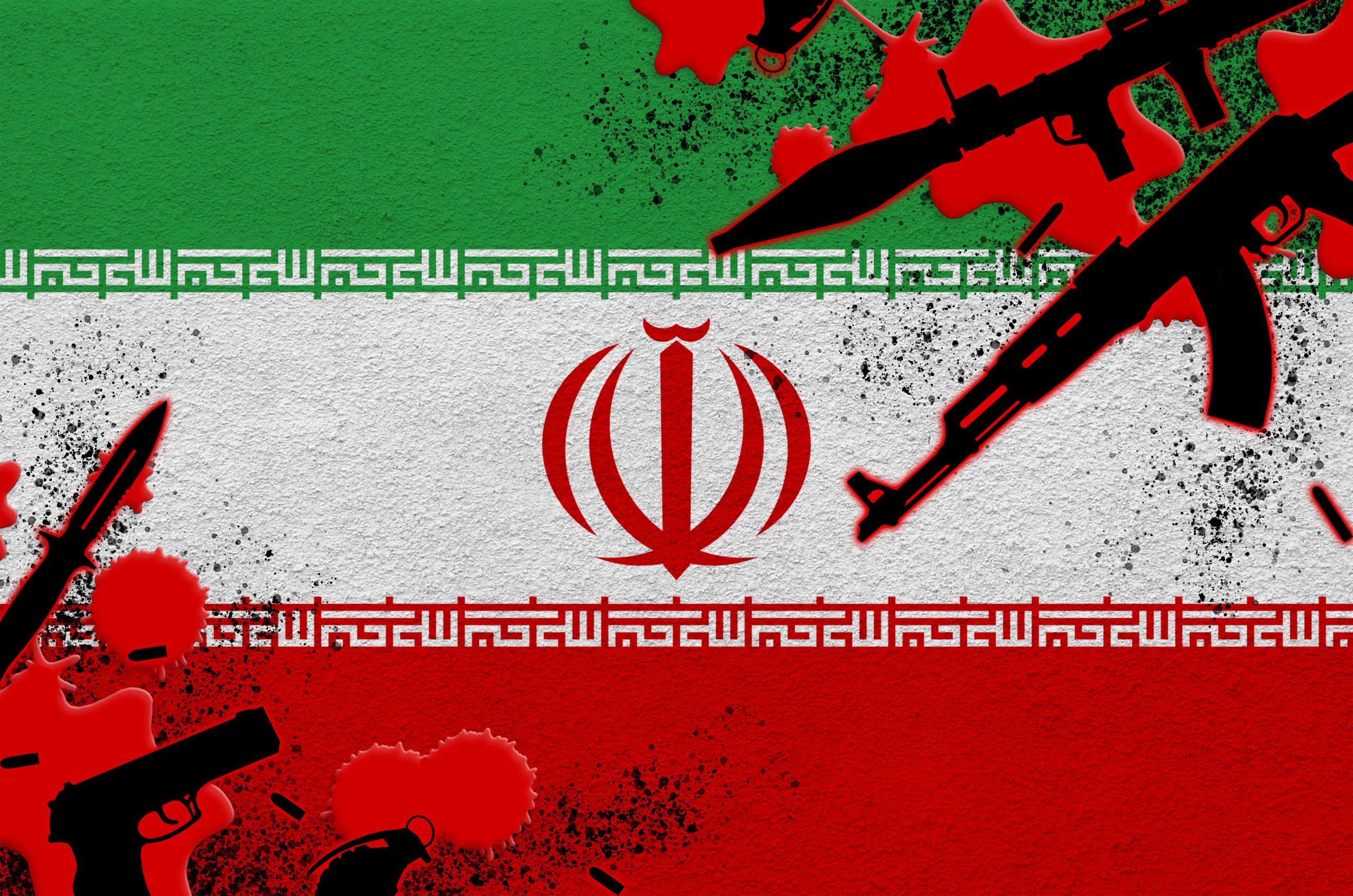It’s time for European politicians to designate the Islamic Revolutionary Guard Corps as a terrorist organization. That became manifestly clear and urgent on March 28, 2023 when Greek authorities exposed an Islamist terror plot to attack a Chabad house in downtown Athens.
It’s not as if EU policy makers don’t know what’s going on.
“Their aim was not only the loss of innocent civilians,” Greek police said, “but also undermining the security feeling in our country.” The infrastructure that operated in Greece was part of an extensive Iranian network run by the Quds Force, the external operations branch of Iran’s Islamic Revolutionary Guard Corps. This network, which spans many countries, includes Lebanese Hezbollah, a group responsible for bombing tourist buses, hostage-taking, and abducting and killing journalists, media directors, and dissidents in Europe.

It’s not as if EU policy makers don’t know what’s going on. It’s well documented that the Quds force recruits members of local drug mafias in Europe to do its dirty work. Hossein Salami, IRGC commander-in-chief, accepts the responsibility for threating journalists in London. The force has sleeping cells, operatives, and proxies in five continents ready to act.
Despite all this, numerous European countries balked when the European Parliament declared that it was time to list the IRGC as a terrorist organization. Instead of listing the organization as a whole, numerous countries have designated individual operatives as terrorists. The best description of Europe’s failure to confront the IRGC is appeasement. For the third time in recent memory, Western elites have refused to confront totalitarians in their midst. It happened in the mid-20th century with the German Nazis, it happened in the 1950s and ‘60s with the Soviet Communists and their supporters, and it’s happening again in the first half of the 21st.
Europe’s appeasers have provided three reasons for not listing IRGC as a terrorist organization. First, they argue that listing the IRGC as a terrorist organization will result in sanctions against people who serve in Iran’s military not as volunteers, but as draftees. That’s the tack taken by Canada’s Attorney General and Justice Minister David Lametti, who, in a news conference last October, argued that there is a need to target the truly “bad actors without catching innocent people as well.”
The problem with this line of reasoning is that the IRGC’s Quds Force is not part of Iran’s defensive military system, like its national army. It is rather a terrorist organization charged with establishing, by force, a global Islamist regime. Consequently, forced enlistment in Iran’s regular army cannot and should not be a barrier to listing the Guard as a terrorist organization. The IRGC has nothing to do with defending Iran. It is about destabilizing Western democracies. The Qods Force is an entirely volunteer organization, staffed by individuals personally committed to the regime.
The second justification for giving the IRGC a pass is a lack of legal justification. In February, German Foreign Minister Annalena Baerbock said that German experts “found no legal grounds to list the IRGC as a terrorist organization.” It’s an astonishing statement. According to a data set of Iranian foreign operations (including assassination, abduction, and surveillance plots), Iran has instigated at least 33 plots in Europe over just the past five years.
To further the “no legal grounds” justification, EU foreign affairs chief Josep Borrell declared that adding the IRGC to the European list would require that it first be blacklisted by an EU member state. So far, no EU member has taken that step.
In reality, EU policy specifically notes that a proposed terrorist listing can be made on the basis of third-party information, not just EU member state information: “Persons groups and entities can be added to the list on the basis of proposals submitted by member states based on a decision by a competent authority of a member state or a third country.” The U.S., as an ally and third party for Europe, did this four years ago.
For over four decades, the IRGC has been responsible for plotting and executing global terrorist attacks, hostage-takings, maritime piracy, and political assassinations on foreign soil – including in Europe and the U.S. It has provided key operational support for terrorist attacks stretching as far afield as Bulgaria, Thailand and Argentina. “In 2018, Germany uncovered 10 IRGC operatives involved in a terrorist plot in Germany.”
The third reason for the EU’s hesitation to designate the IRGC as a terrorist organization is the fear it will provoke a war with Iran. This fear is rooted in repeated threats made by IRGC’s high-ranking officials. Hossein Salami, Commander of Iran’s Revolutionary Guard, warned European countries that the Islamic Republic can target them by increasing the range of its weapons. He made this threat after the EU parliament passed a resolution on putting IRGC on the terrorist list. The IRGC commander said: “We have the ability to increase the range of weapons and strike them [European countries] seriously. … We warn them. The lives of Europeans depend on oil and security, and they should be careful and not endanger themselves.” European officials usually take these threats seriously.
These threats give credence to the “sanctions will cause war” narrative promoted by Iran’s lobby in the United States. There is no evidence for the correlation between listing an organization in a terror or sanctions list and military escalation. There are however multiple examples of adversaries of Western civilization becoming more aggressive when European leaders fail to stand up to them.
While brave dissidents in the Iranian diaspora stand up to Iranian Islamism, [European leaders] charged with protecting their countries use every excuse to avoid standing up to Iranian proxies
The upshot is that while brave dissidents in the Iranian diaspora stand up to Iranian Islamism, sometimes at great risk to themselves, officials charged with protecting their countries use every excuse to avoid standing up to Iranian proxies. For example, London’s Counter Terrorism Policing instructed Iran International to relocate its studios from London to Washington DC in February 2023.
It is time European elites follow the example of these dissidents, and get tough with Tehran.
Majid Mohammadi is an Iranian-American sociologist and political analyst residing in the U.S., who contributes opinion and analysis to Persian, Arabic, and English news outlets. He has published dozens of books.
